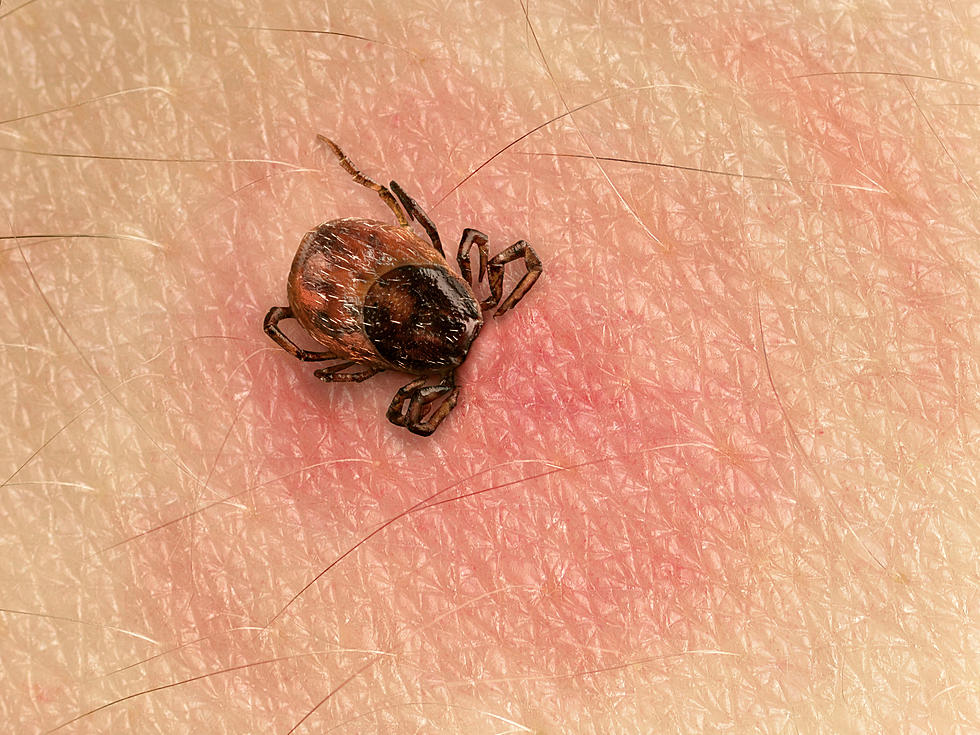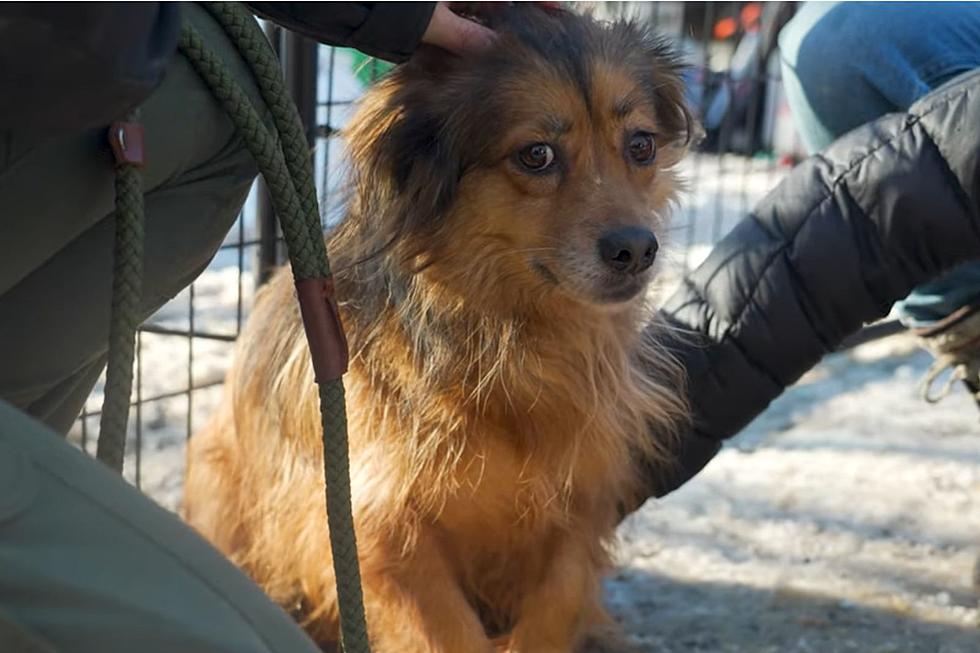
NJ Man Dies With Rare Scary Tick Disease; Another Seriously Ill
NEWTON — The potentially deadly Powassan tick-borne virus has been confirmed in two Sussex County residents, one of whom died last month, state health officials confirmed Saturday.
The Powassan virus is spread by the deer tick. The illness is rarer than Lyme disease, which is also spread by the tick, but 10% of people who contract the illness die from it.
A Department of Health official on Saturday said that the department had not determined the cause of death for the patient who died last month but said that lab results this week confirmed that he had the virus.
A second victim continues to recover at home.
Symptoms of the virus include brain swelling, meningitis, fever, headache, vomiting, weakness, confusion, loss of coordination, trouble speaking and memory loss. Symptoms can appear a week to a month after a tick bite, although some people show no symptoms and do not require treatment.
There is no vaccine or cure for the disease. Treatment includes hospitalization, support for breathing and intravenous fluids.
Prevention involves the same precautions that should be taken to avoid Lyme disease: avoid wooded areas with tall grasses, use insect repellent while outdoors, and check for ticks after being outdoors.
Powassan — first discovered in Powassan, Ontario, in 1958 — has been confirmed in recent years in New Jersey, with one case each in 2013, 2014 and 2015, and four cases in 2017, the most recent year for which data is available. The cases were reported in Sussex, Warren, Morris and Essex counties.
Between 2008 and 2017, there were 125 confirmed cases in the entire country and nine deaths.
A person who said they were close to the man who died last month posted on Facebook that the man was bitten in the arm by a tick while gardening and fell ill about two weeks later. The Facebook post said that there was no bull's-eye mark around the bite — a known tell-tale sign for Lyme infection. About a day before he was hospitalized, the man reported feeling like he was coming down with a cold and had a high fever.
State health department's tip sheet for preventing Powassan:
Avoid contact with ticks by avoiding wooded areas with high grass.
When hiking, stay on the center of the trail.
Picnic in areas away from wooded and bushy areas.
Keep children on playground equipment and away from tall grass and shrubs.
When outdoors, apply insect repellents.
Wear light-colored clothes so it is easy to see and remove ticks.
Wear long-sleeve shirts and pants.
Tuck long pants into socks so ticks cannot crawl under pants.
Do tick checks every couple hours while outdoors and before coming indoors
If you see a tick during tick checks, remove it right away.
Keep grass mowed short.
Keep children’s toys, playground equipment, pools and lawn furniture at least 15 feet
from wooded areas.
Create a woodchip or mulch border between your yard and wooded areas.
Keep areas under bird feeders and pet dishes clean, so it does not attract animals that
may carry ticks.
Keep trash in closed containers or areas so it does not attract animals that may carry
ticks.
More From WPG Talk Radio 95.5 FM










